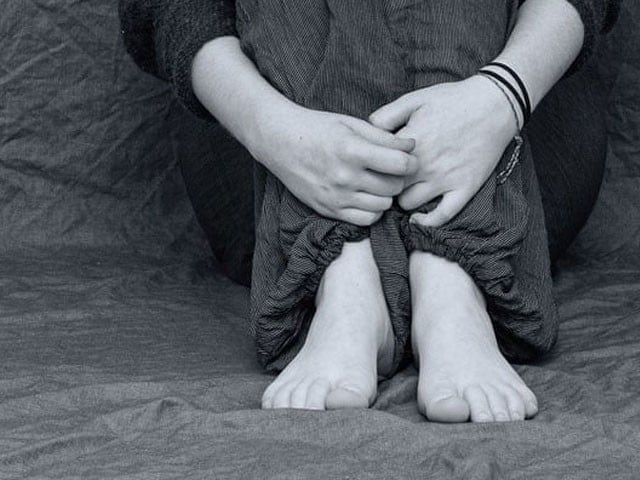LAHORE:
The Lahore High Court (LHC) directed the Punjab government on Thursday to constitute a requisite Special Sexual Offences Investigation Units (SSOIUs) and arrange necessary training for police officers investigating sexual offences.
The directives were issued in a detailed judgment passed by Justice Tariq Saleem Sheikh in a case pertaining to rape.
A woman had challenged the police’s findings during the investigation, which claimed that the case was not one of gang rape. The police had replaced Section 375-A of the Pakistan Penal Code (PPC) with Section 371-B after these findings.
The petitioner had moved the court to quash the investigation which led to these changes in the FIR and direct the respondents – police – to reopen the probe in accordance with the law, more specifically, Section 9 of the Anti-Rape Act 2021.
LHC disposed of the petition based on the police’s submission that the findings were carried out in compliance with processes listed under the law.
In the detailed judgment, Justice Saleem underscored the need for effective investigation of sexual offences and reduction of delays besides increasing the likelihood of conviction in sexual violence cases – an offence which currently has an abysmally low rate.
Read In a first, anti-rape cell set up in city
“The majority of criminal cases fail in courts due to defective investigations,” observed Justice Saleem.
Police investigation is a key component of the criminal justice system. It consists of identifying, collecting, conserving, and presenting evidence in a court of law, noted the judge.
He observed that rape and other sexual violence crimes require thorough investigation, like any other criminal case.
If the victim is not sent for medical examination on time, or if the evidence submitted by the medical officer is not processed and transmitted to the appropriate labs by the police, the entire case may become weak and thus benefit the perpetrator, noted Justice Saleem.
During the proceedings of this petition, it was mentioned that the Punjab government had not established SSIUOs in several districts despite the enactment of the Anti-Rape Act two years ago.
Section 9 of the Act confers special jurisdiction on SSOIUs with regards to scheduled offences and mandates the Centre and provincial governments to establish such units in the Islamabad Capital Territory and each provincial district, respectively.
“Every SSOIU is required to have one female police officer as a member. This helps the victim feel comparatively comfortable during the investigation. The importance of a female officer increases manifold in cases involving children,” noted Justice Saleem in the judgment.
The Anti-Rape Act aims to effectively deal with rape and sexual abuse cases, which fall under scheduled offences pertaining to crimes committed against women and children. It outlines a framework to check said crimes by establishing anti-rape crisis cells, SSOIUs, independent support advisors, special prosecutors, special courts, a register of sex offences, and lastly a fund to carry out the aims of the Act.
The detailed judgment underscored that each of these mechanisms were necessary in ensuring the effective implementation of the law.
It further noted that the courts must interpret the Anti-Rape Act liberally and purposively while adopting interpretations that advance rather than defeat the purpose of the Act.
The petitioner had filed an FIR on October 15, 2022 under Section 375-A of the PPC at the Saddar Daska Police Station in Sialkot accusing four persons of gang-rape.
The police changed the sections in the FIR later basing it on “investigations” conducted.
The petitioner had challenged these findings before the LHC arguing that the police’s investigation was conducted in contravention of Section 9 of the Anti-Rape Act.
Justice Saleem disposed of the petition based on a report of the Sialkot district police officer, which stated that SSOIUs and Gender Crime Cells, with female officers deputed, were established in the district.
The DPO categorically stated that the probe is being carried out in compliance with the Anti-Rape Act.



